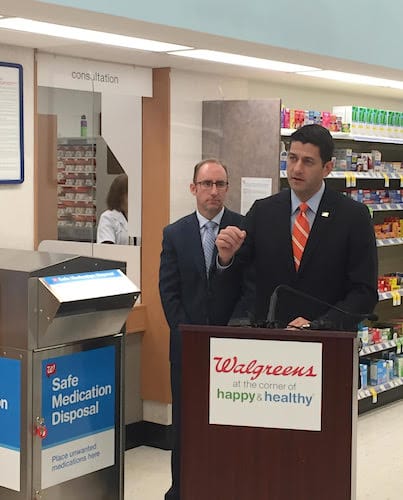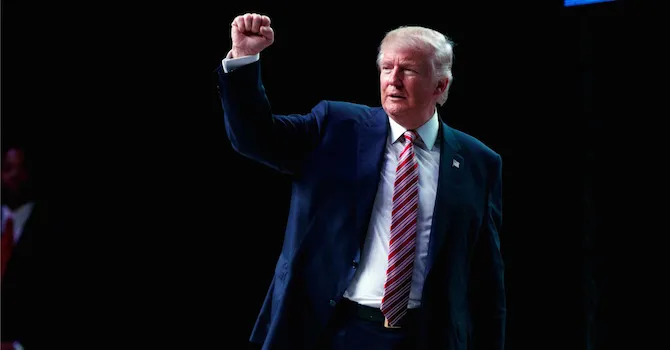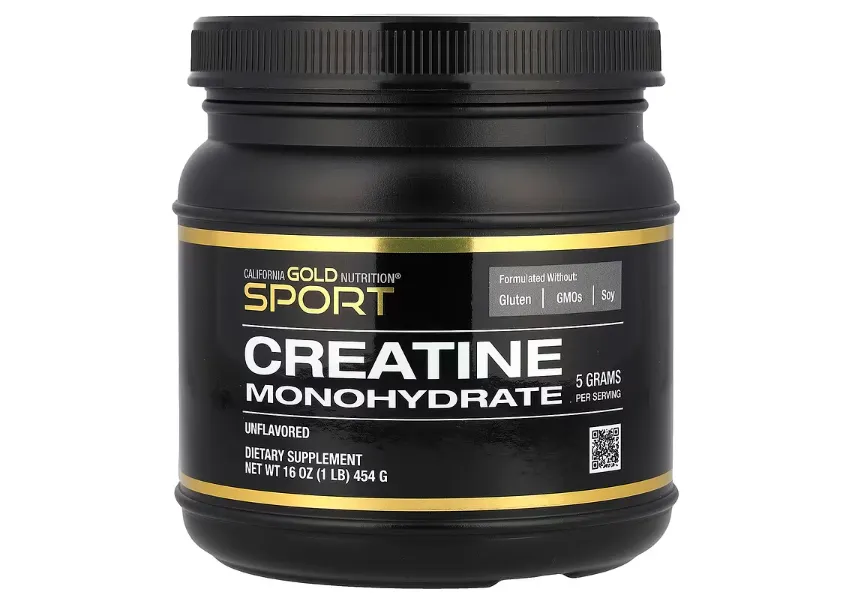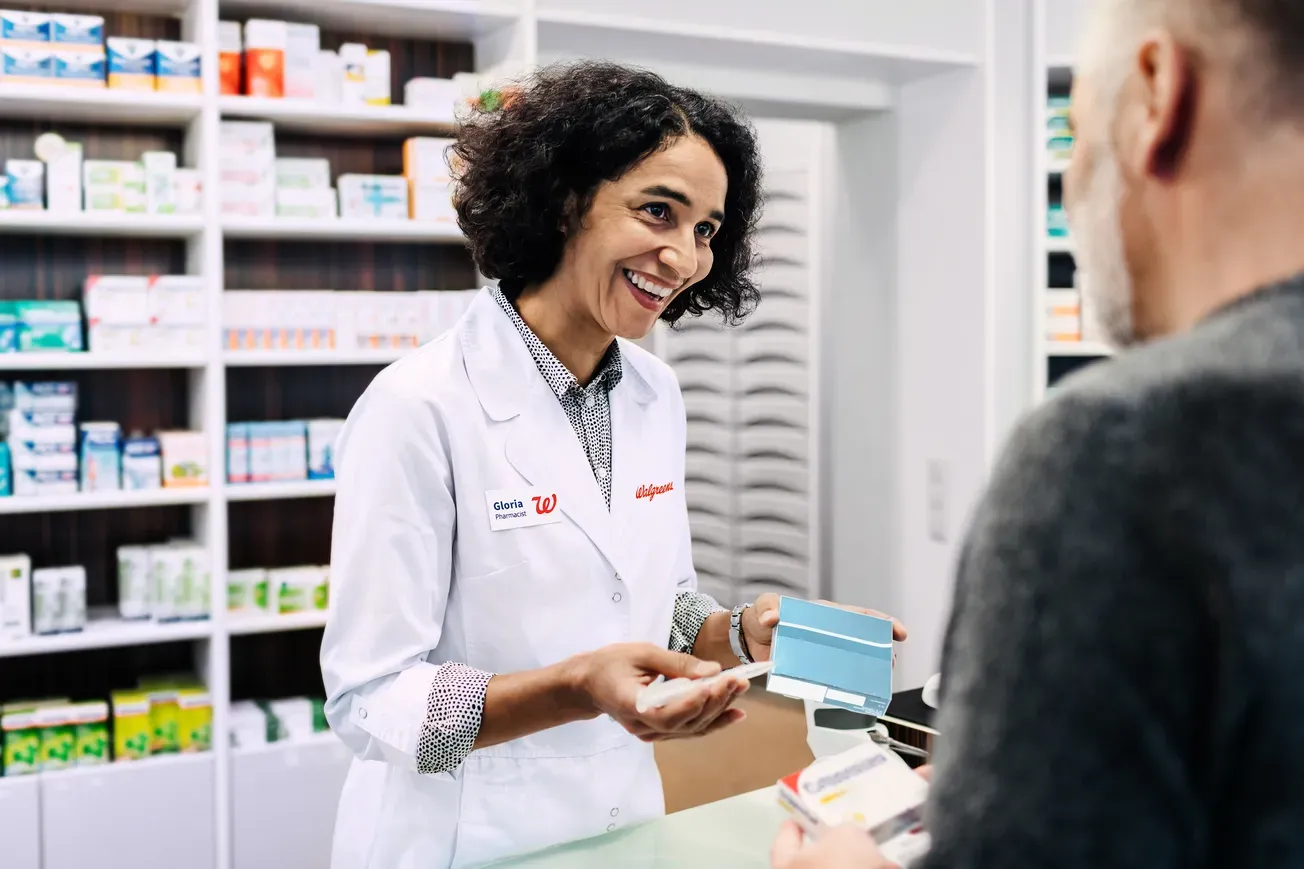JANESVILLE, Wis. — House Speaker Paul Ryan (R., Wis.) has lauded Walgreens for fighting the pervasive problem of prescription drug abuse and misuse.

House Speaker Paul Ryan with Walgreens’ Richard Ashworth.
Ryan late last month appeared at a Walgreens outlet here, his hometown, to mark Wisconsin’s first in-store drug take-back kiosk. The retailer now has kiosks in 288 pharmacies in 21 states and Washington, D.C. It is more than halfway toward its goal, announced in February, of installing medication disposal kiosks at 500 locations across the country.
Ryan conceded that the government has failed to sufficiently address the problem, but hailed new legislation to stem opiate abuse.
A bill designed to reduce the abuse of opiates was signed into law by President Obama three days before the Walgreens event, although he said it was inadequate in light of the epidemic’s scope. The Comprehensive Addiction and Recovery Act of 2016 authorizes $181 million for programs and treatment — less than one-fifth the amount sought by the president.
“This legislation includes some modest steps to address the opioid epidemic,” said Obama. “Given the scope of this crisis, some action is better than none.”
Walgreens kiosks provide a safe and convenient way to dispose of unwanted, unused or expired prescriptions — including controlled substances and over-the-counter medications — at no cost. As part of the retailer’s drug take-back program, the kiosks make the disposal of medications easier and are accessible year-round to help reduce the misuse of medications and the rise in overdose deaths.
“Walgreens has taken an important first step to curb the misuse of medications throughout the country and continues to make progress in offering easy and convenient medication disposal,” said Richard Ashworth, president of pharmacy and retail operations. “Everyone has a role to play in minimizing prescription drug abuse, and we are committed to being part of a comprehensive solution to reverse this epidemic.”
The Walgreens kiosks are accessible during regular pharmacy hours (24 hours a day at most kiosk locations).
“Using a safe medication disposal kiosk at a participating Walgreens is one of the best ways to ensure medications are not accidently used — or intentionally misused — by someone else,” added Ashworth.
Walgreens also has helped curb the rise in opioid overdose deaths by making naloxone, a lifesaving opioid antidote, available without a prescription in more than 2,600 pharmacies across 14 states. On August 1, the chain began offering naloxone without requiring a prescription in North Carolina and Wisconsin. The company’s goal is to offer naloxone without a prescription at more than 7,000 of its nearly 8,200 pharmacies.
In states where a prescription is required, Walgreens is available and eager to work with regulators to help update rules to allow for dispensing of naloxone without a prescription.







